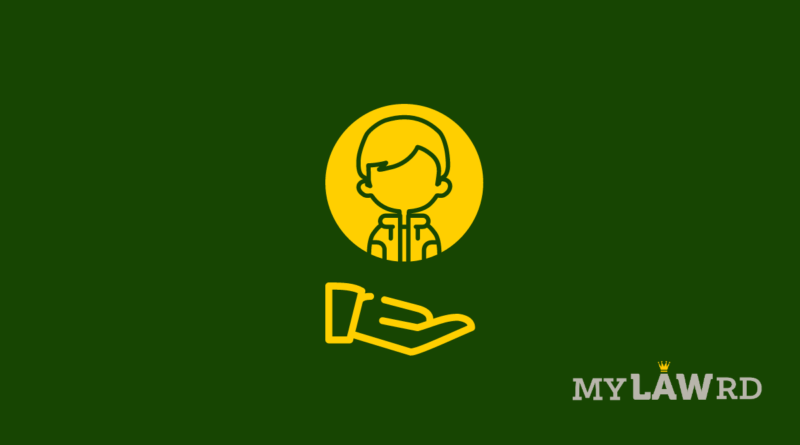Apple’s NeuralHash will check iCloud storage for child abuse images
Apple has said it will implement a system that will check user’s iCloud storage for potential child abuse images. The Cupertino company will use it’s “NeuralHash” technology to match images that users upload to its iCloud storage service with a law enforcement database of known images of child sexual abuse.
How does it work?
The system works similarly to Microsoft’s PhotoDNA. Once a user chooses to upload an image to iCloud, the iPhone will calculate hash value of the image and match it will the hash value of known child sexual abuse images in the law enforcement database. A comparison of these hash values will reveal the presence of child sexual abuse material in a user’s iCloud storage.
Apple’s system checks photos stored on phones before they are uploaded, rather than checking them after they reach the iCloud servers. Once the technology finds a match, a human review would be there before Apple suspends the account and reports it to law enforcement.
These hash values are a one-way function that cannot be used to reconstruct images. Read more.
Images only available on the phone are not checked. However, technologies such as PhotoDNA have an inherent problem. Once a user edits any child sexual abuse image, hash values won’t match and the image would go undetected. Apple calls its system “NeuralHash” and says it will also catch edited images similar to the originals.
Although Apple says its system reduces false positives to one in one trillion, any false positives will trigger a human review and a report to law enforcement.
Privacy and Child Protection can co-exist
In a statement, John Clark, Chief Executive of the National Center for Missing and Exploited Children said:
With so many people using Apple products, these new safety measures have lifesaving potential for children who are being enticed online and whose horrific images are being circulated in child sexual abuse material..the reality is that privacy and child protection can co-exist.”
Do subscribe to our Telegram channel for more resources and discussions on tech-law. To receive weekly updates, don’t forget to subscribe to our Newsletter.

